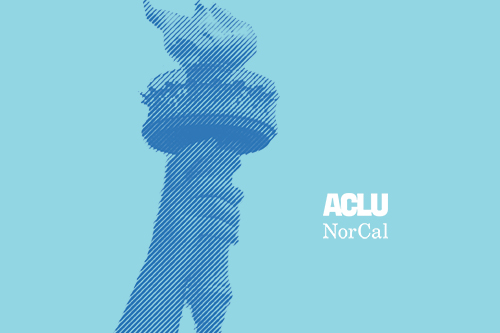Article Media


This past weekend, the Wall Street Journal reported that the most popular Facebook apps consistently share information about you and your friends with advertisers and other third parties, no matter what your privacy settings are.
If you have an Android phone, you've probably downloaded a few apps. And when you installed those apps, you were told a bit about what information those apps might access about you, things like your location information, phone number, contact and call lists, and more. That's a good start towards transparency… but wouldn't you also like to know what information your apps are actually accessing, how often, and most importantly what they're doing with it?
Today, the ACLU will be in a federal court in Seattle arguing that the North Carolina Department of Revenue's (NCDOR) demands for detailed purchase information made by Amazon.com customers is an unconstitutional violation of those customers' rights to free speech, anonymity and privacy.
The NCDOR asserted it needed this information for tax collection purposes, so Amazon responded by furnishing a list of the items its customers had purchased, but withheld information linking those purchases to specific customers. But that wasn't good enough—NDCOR demands to know who bought what.
On Wednesday, Facebook announced a set of changes to its user experience. Overall, these changes are clearly positive, addressing some of the issue we raised in an Open Letter to Facebook in June and re-emphasizing the company's principles of giving users control of their own information. We hope that Facebook will extend these changes to help address the "app gap" and further improve privacy and user control.
In California, we shackle pregnant women in prison.
And despite widespread opposition, we will continue to do so.
On Sept. 27, California Gov. Arnold Schwarzenegger vetoed a bill that would have ordered county jails and prisons to stop shackling pregnant women. The bill, AB1900, required new guidelines on restraining pregnant women and would have encouraged counties to adopt these policies. It had overwhelming bipartisan support and passed the legislature without a single "no" vote.
The Social Network biopic that opened in theaters last week chronicles Facebook founder Mark Zuckerberg and the beginnings of Facebook. The social network behemoth and its young and oft-embroiled founder and CEO are ripe fodder for Hollywood. But looking beyond the manufactured drama and snappy dialogue, we are right to be concerned about this company that knows and collects so much information about our personal lives: pictures, list of friends, location, religious and political preferences, sexual orientation, interests, and more.
Did you hear about this? The Obama administration is seeking to expand the U.S. government's ability to conduct invasive surveillance online.1
This outrageous proposal would mandate that all online communications services use technologies that would make it easier for the government to collect private communications and decode encrypted messages that Americans send. This includes communications sent using texting platforms, BlackBerries, social networking sites, and other "peer to peer" communications software such as Skype.